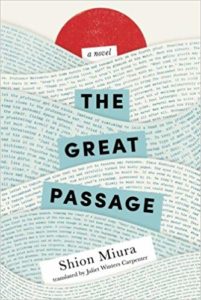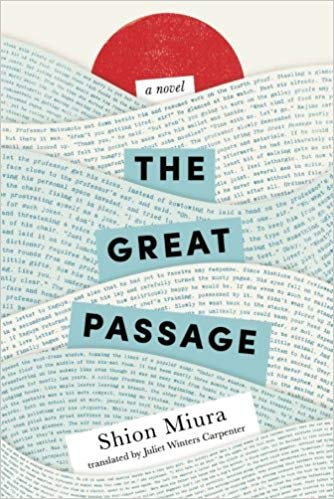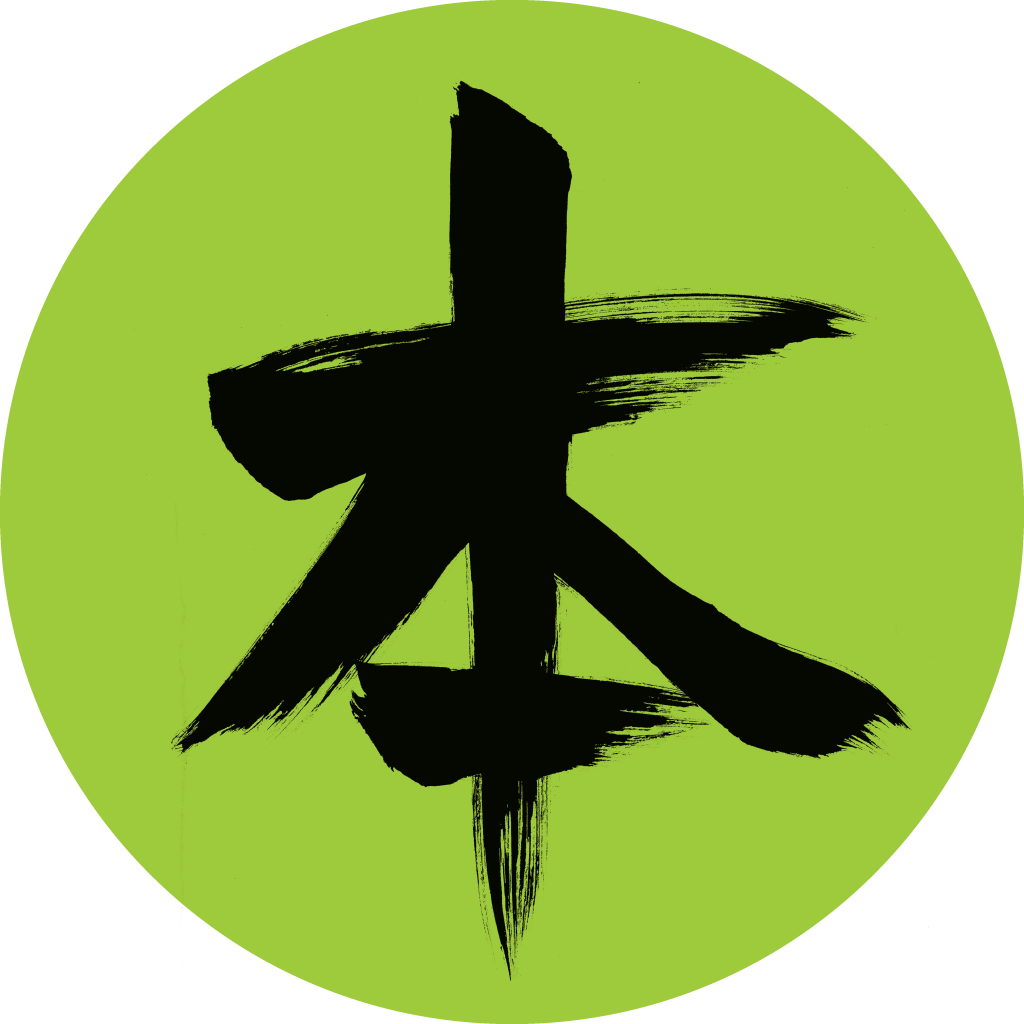

Support BOA by ordering The Great Passage through these links:
Amazon Japan
Thanks for helping support Books on Asia!

First published as Fune o amu 船を編む Kobunhsa Co., Ltd, Japan 2011
Synopsis: Kohei Araki believes that a dictionary is a boat to carry us across the sea of words. But after thirty-seven years of creating dictionaries, it’s time for him to retire and find his replacement.
He discovers a kindred spirit in Mitsuya Majime—a young, disheveled square peg with a penchant for collecting antiquarian books and a background in linguistics—whom he swipes from his company’s sales department.
Along with an energetic, if reluctant, new recruit and an elder linguistics scholar, Majime is tasked with a career-defining accomplishment: completing The Great Passage, a comprehensive 2,900-page tome of the Japanese language. On his journey, Majime discovers friendship, romance, and an incredible dedication to his work, inspired by the words that connect us all.
Excerpt from Chapter 1:
Kohei Araki had devoted his entire life—his entire working life—to dictionaries.
Words fascinated him, always had.
He had learned early on that dog contained other meanings besides the four-legged animal. Once when his father had taken him to the movies, a blood splattered gangster, betrayed and dying on screen, spat out the words “Damn that dog!” The gang boss, upon receiving word of the gangster’s demise, jumped up and shouted, “What are you all standing around here for? Polish your daggers! Don’t let him die a dog’s death!” So the word could also mean “pointless.”
Dogs were faithful partners—trustworthy, intelligent, endearing—yet dog could also refer to a traitor or a condition of meaninglessness. How strange! In his child’s mind he tried to work out how this could be. Faithfulness to the point of servility, devotion going pathetically unrewarded—all the more pathetic as it increased its intensity. Perhaps such canine traits were responsible for the negative associations attached to the word.
Despite his precocious interest in words, Kohei Araki’s first real encounter with the dictionary came later. His working class parents, busy stocking their hardware store and waiting on customers, had been little inclined to buy him a dictionary or urge him to study. Their educational philosophy was “If the boy is healthy and stays out of trouble, that’s good enough.” Araki, for his part, had been less interested in studying then in playing outdoors with his friends. The lone dictionary in his elementary school classroom had failed to impress him. It was simply there, an object whose spine occasionally entered his field of vision.
Everything changed with his first dictionary, the Iwanami Japanese Dictionary, a present from his uncle to celebrate the start of junior high. From the moment he took the book in his hands, he was hooked. The pleasure of opening up a dictionary of his own and leafing through it was indescribable. The entrancing shiny cover, the closely printed lines on every page, the feel of the thin paper. Most of all, he liked the concise definitions.
One night, as he and his younger Brother were romping in the living room, their father had scolded them: “Keep your voices down!” As an experiment Araki had looked up the word koe (voice). This was the definition:
Koe (noun) 1. sounds people and animals make using a special organ in the throat. 2. a sound resembling vocal utterance. 3. the approach of the a time of life.
Examples of the word’s usage were also listed. Some were familiar, like koe o ageru (to raise one’s voice) or mushi no koe (the cry of an insect). Others would never have occurred to him: to sense the approach of autumn was to “hear the voice of autumn,” to be nearing one’s 40s was to “hear the voice of forty.” The idea was novel to him, but he realized it was true: koe could definitely convey “the approach of the a time of life.” Just like dog the word contained a range of meanings. Reading the dictionary could awaken you to new meaning of commonly used words, meanings of surprising breadth and depth…..
…..Araki began saving up his allowance for trips to the used bookstore. When a new edition of a dictionary came out, a copy of the earlier edition could usually be purchased on the cheap. Little by little he collected a variety of dictionaries from different publishers and compared them. Some were tattered and worn. Others had annotations and underlining in red. Old dictionaries bore signs of the linguistic struggles of compiler and user alike.
Araki dreamed of becoming a philologist or a scholar of the Japanese language and getting his name on a dictionary. The summer before his senior year in high school he asked his father to send him to college.
About the Author: Shion Miura (三浦 しをん) born 1979, has published more than fifteen collections of essays and is a manga aficionado. In 2000, she made her fiction debut with Kakuto suru mono ni mar (A Passing Grade for Those Who Fight). In 2006, she won the Naoki Prize for her linked-story collection Mahoro ekimae Tada Benriken (The Handymen in Mahoro Town). Her other novels include Kase ga tsukoku fuiteriru (The Wind Blows Hard), Kogure-so monogatari (The Kogure Apartments), and Ano ie ni kurasu yonin no onna (The Four Women Living in That House). The Great Passage received the Booksellers Award in Japan in 2012 and was developed into a major motion picture.
About the Translator: Juliet Winters Carpenter is a professor of English literature at Doshisha Women’s College of Liberal Arts and one of the foremost translators of Japanese literature working today. Her translations include, among others, Kobo Abe’s “Beyond the Curve,” Fumiko Enchi’s “Masks,” Ryotaro Shiba’s “The Last Shogun,” Jun’ichi Watanabe’s “A Lost Paradise,” and Machi Tawara’s “Salad Anniversary.” See Hon Podcast 03: Juliet Winters Carpenter Talks About Translating Japanese Literature.
